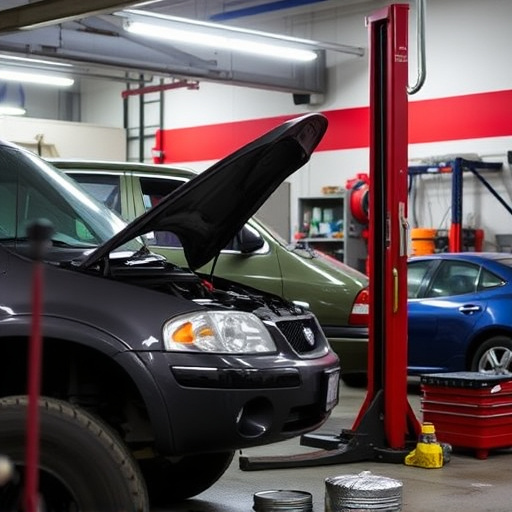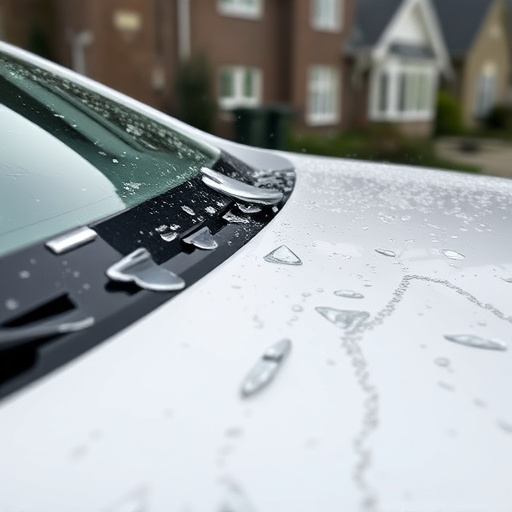Rental car insurance, though offering liability protection, typically excludes damage or theft to your personal vehicle. Understanding this gap is crucial for making informed decisions. Personal auto insurance provides comprehensive long-term coverage needed for full protection during rentals. Review rental policy details, consider additional options, and understand deductibles to choose the best protection.
Rental car insurance coverage is a crucial consideration for anyone renting a vehicle. This article delves into the distinct aspects of rental car insurance, contrasting it with personal car insurance policies. We explore key differences, including liability limits, deductibles, and what’s covered during rentals. Understanding these distinctions empowers renters to make informed decisions, ensuring they’re adequately protected while on the road. By the end, you’ll be equipped to navigate rental car insurance with confidence.
- Understanding Rental Car Insurance Coverage: What You Need to Know
- Key Differences Between Rental and Personal Car Insurance Policies
- Navigating Rental Car Insurance: How to Make an Informed Decision
Understanding Rental Car Insurance Coverage: What You Need to Know

Rental car insurance coverage is a crucial aspect to understand when renting a vehicle. It’s important to know that this type of insurance is designed to protect you from financial burden in case of unexpected events while driving a rented car. Rental car insurance typically covers damages or theft of the vehicle, providing peace of mind for renters. However, it does not usually include comprehensive or collision coverage, which is why personal insurance plays a significant role in filling these gaps.
When renting, be sure to review the policy details and understand what’s covered and what isn’t. Some rental car companies may offer additional insurance options, but these often come at an extra cost. Knowing the extent of your protection can help you make informed decisions about whether to purchase added coverage or rely on your personal auto insurance policy for car repair services or vehicle restoration in case of damage. Remember, understanding rental car insurance coverage is essential for avoiding unexpected costs associated with car damage repair during your rental period.
Key Differences Between Rental and Personal Car Insurance Policies

When it comes to protecting your vehicle, understanding the nuances between rental and personal insurance policies is essential. One of the key differences lies in their scope and purpose. Rental car insurance coverage is designed specifically for temporary use, offering liability protection while renting a vehicle. This includes damages caused to other properties or injuries sustained by others during the rental period. However, it typically does not cover damage to your own personal vehicle or its contents.
In contrast, personal car insurance policies are tailored for long-term ownership and comprehensive protection. They include coverage for various scenarios such as accidents, theft, vandalism, and even comprehensive car body repair (or auto collision repair) due to damages like hail, animal impact, or natural disasters. Personal policies also extend protection to your vehicle’s contents, ensuring that valuables inside are secured against loss or damage. This level of coverage provides peace of mind for vehicle owners, considering the potential risks associated with everyday driving and ownership.
Navigating Rental Car Insurance: How to Make an Informed Decision

Navigating Rental Car Insurance: Making an Informed Decision
When renting a vehicle, understanding your insurance options is crucial. Unlike personal insurance policies, rental car insurance coverage has distinct features that can vary widely among providers. The first step is to assess the standard coverage provided by the rental company and determine if it aligns with your needs. Many rental agencies offer basic liability and collision damage waivers, which can protect you from significant financial burdens in case of accidents or vehicle damage. However, these waivers often have limitations and exclusions, so reading the fine print is essential.
Next, consider additional options such as comprehensive coverage, which can cover a broader range of incidents beyond collisions, including theft or natural disasters. Vehicle rental insurance also differs in deductibles and coverage limits; understanding these parameters will help you decide if upgrading your coverage is worthwhile based on potential risks during your rental period. By carefully evaluating these factors, you can make an informed decision that ensures the best protection for your vehicle and peace of mind while driving.
When renting a vehicle, understanding the nuances of rental car insurance coverage is essential. This article has guided you through the process, highlighting key differences between rental and personal policies. By navigating the various options and making an informed decision, you can ensure adequate protection while on the road. Remember, knowing your coverage limits and exclusions is crucial to avoiding unexpected financial burdens. Stay safe and make your travels worry-free!














